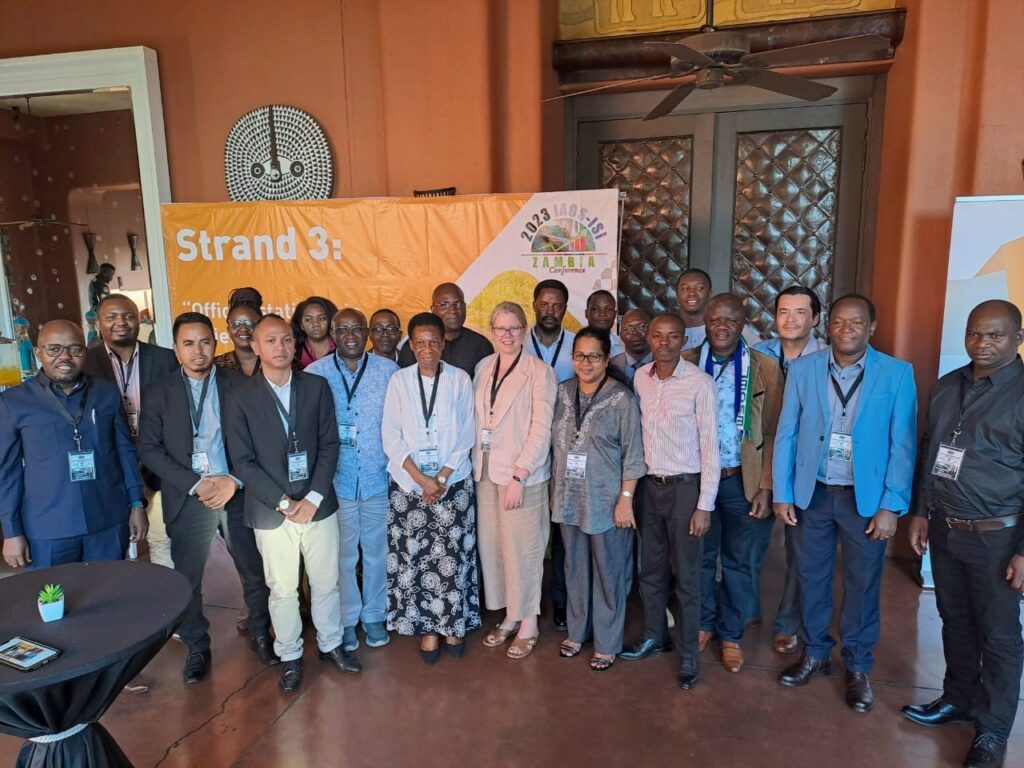By Jane Lee, IPUMS International
IPUMS International is entering 2024 with a strong head start on partner relations and great energy for continued data engagement with partners and with data users. Thanks to user feedback and productive engagement with existing and prospective national statistical office (NSO) partners, users can expect access to additional census and survey data and new, exciting enhancements in 2024.
2023 was packed fuller than usual with renewed interactions with National Statisticians and statistical offices worldwide. Our attendance at the UN Statistical Commission meetings in February garnered productive conversations with countries, and we were able to move those conversations closer to next steps at the ISI WSC in July, and at the International Conference of Labor Statisticians, in October, which was an opportunity for IPUMS to connect specifically about labor force survey data sharing with NSO representatives from more than 25 countries.
 IPUMS remains committed to regional and conference-based engagement. In May, we hosted a pre-conference workshop in conjunction with IAOS (International Association for Official Statistics) Conference in Livingstone, Zambia.
IPUMS remains committed to regional and conference-based engagement. In May, we hosted a pre-conference workshop in conjunction with IAOS (International Association for Official Statistics) Conference in Livingstone, Zambia.
The 14+ NSO labor force and census experts who attended participated in robust cross-country discussions and shared expertise, tools, and technology related to census. In partnership with UNESCWA, IPUMS International joined NSOs and data users in October at the Regional Workshop on Population Projection and Use of Microdata in Rabat, Morocco. There, IPUMS piloted a new training for statistical offices on the preparation of public-use files for the 40+ attendees.




